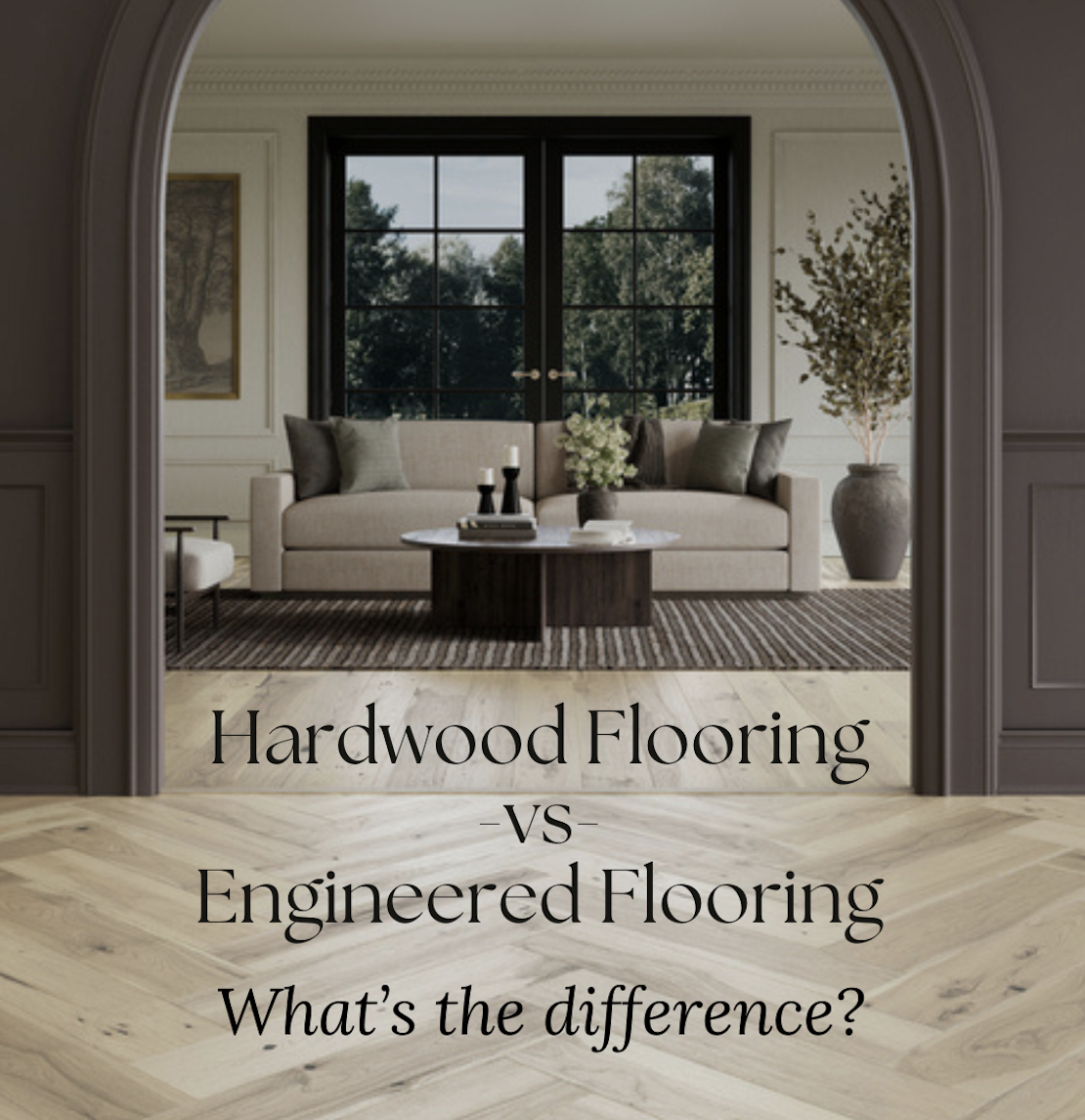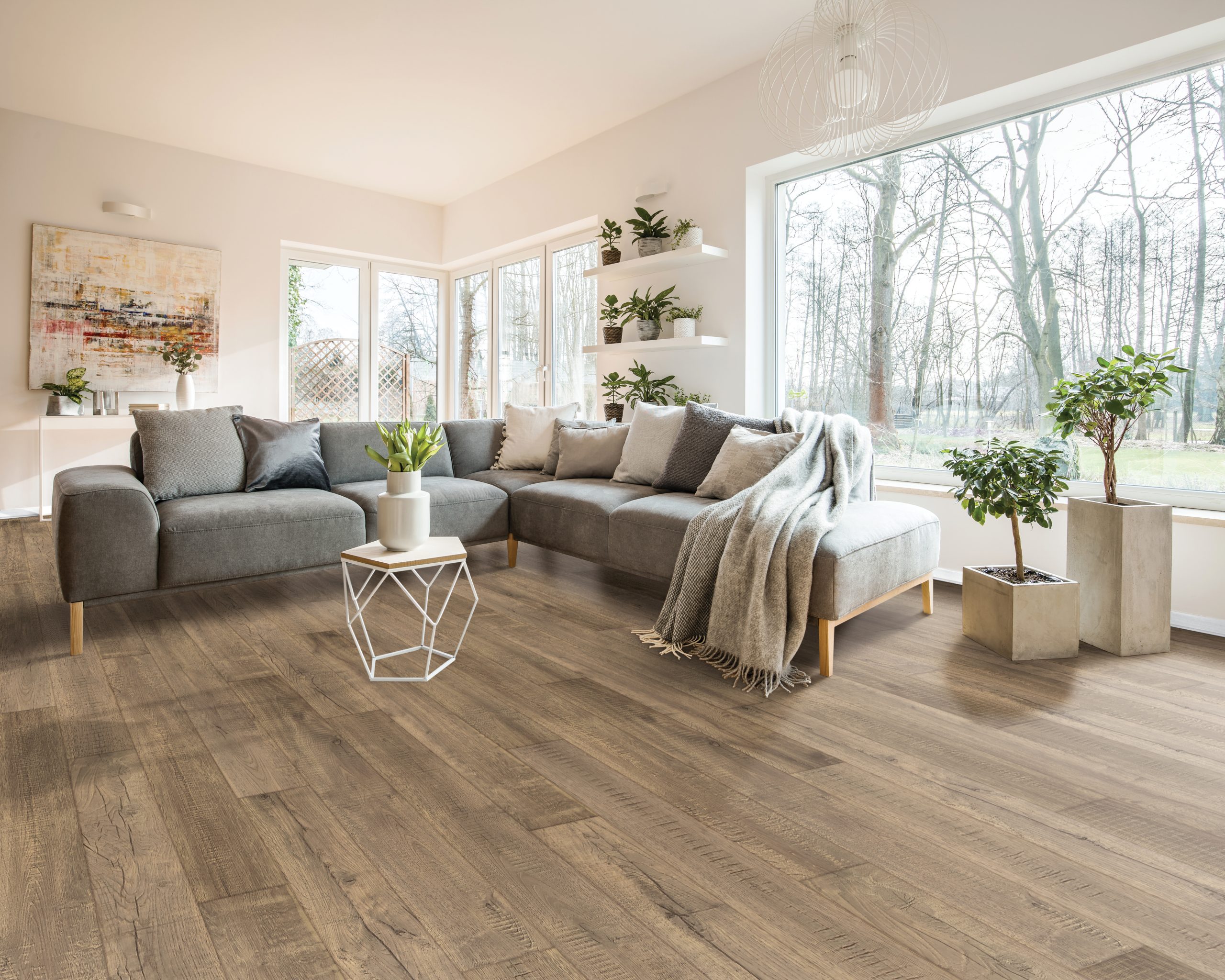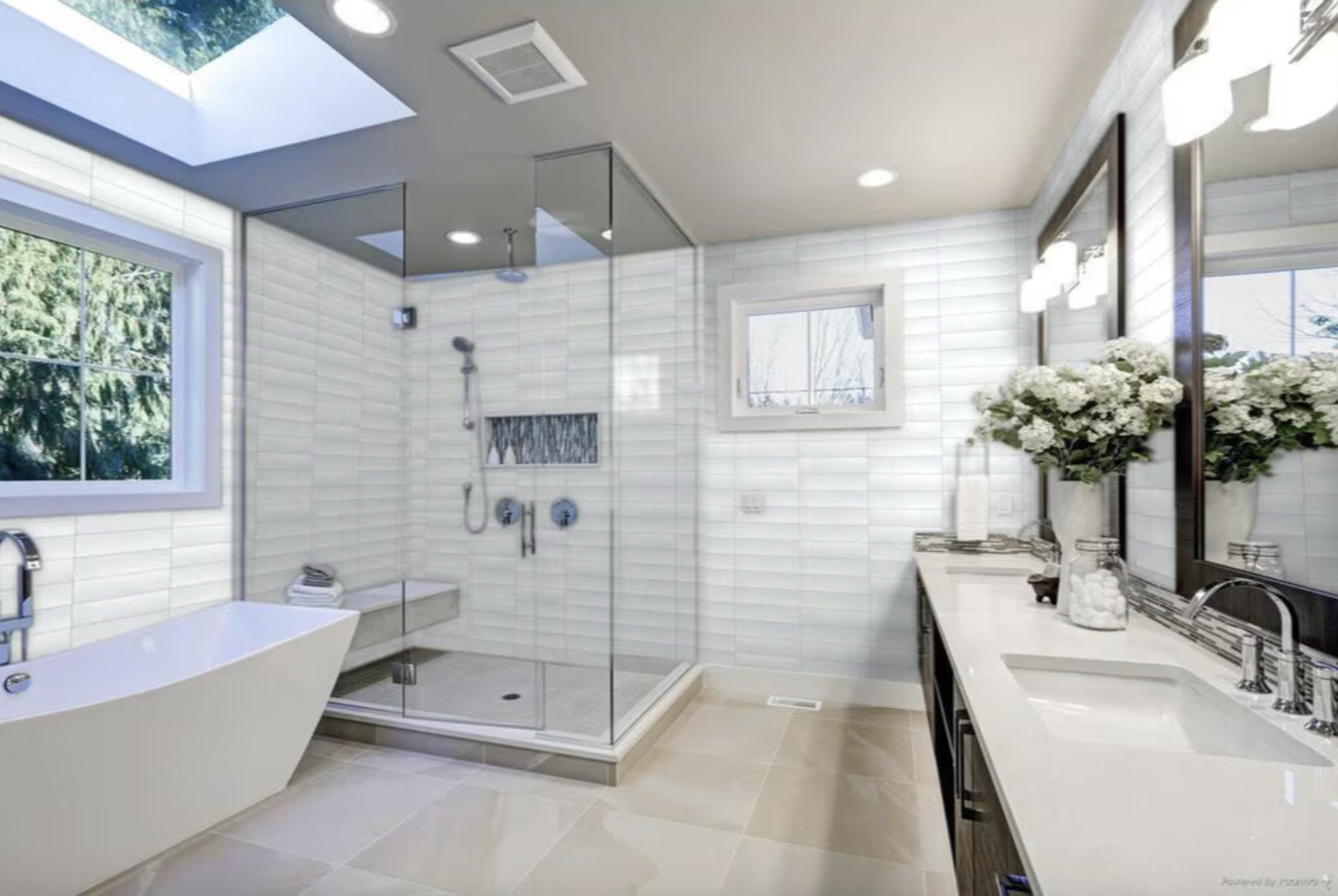Explore the pros and cons of engineered wood and solid hardwood flooring in Charleston, SC. Get expert advice from Diamond Floors to choose the perfect flooring for your home.
Engineered Wood vs. Solid Hardwood Flooring: What’s Right for Your Home?
There’s nothing quite like the timeless beauty of real wood floors. Whether you’re updating your current floors or installing new ones, wood flooring brings warmth, elegance, and natural charm to any space. But before choosing your style, it’s important to understand the key differences between engineered wood and solid hardwood.
At Diamond Floors, we help homeowners make informed flooring decisions that match their lifestyle, budget, and design goals. Let’s take a closer look at how these two beautiful flooring options compare.
What’s the Difference?
At first glance, engineered wood and solid hardwood look nearly identical. Both are made from real wood and come in popular species like oak, walnut, and maple. However, how they’re built makes a big difference in performance.
- Engineered wood flooring has a top layer of real hardwood bonded to layers of plywood or high-density fiberboard (HDF).
- Solid hardwood flooring is crafted from a single, solid piece of natural wood.
These structural differences affect everything from durability and maintenance to moisture resistance and refinishing potential.
Durability: How Long Will They Last?
Engineered Wood
The durability of engineered wood depends on the thickness of the hardwood top layer. Premium options with a 3mm or thicker veneer can be sanded and refinished once or twice. Thinner versions may only handle light buffing. Engineered wood resists humidity better than solid wood, making it a great choice for areas like kitchens and bathrooms. With proper care, engineered wood floors can last 20 to 30 years.
Solid Hardwood
Solid hardwood can be sanded and refinished many times throughout its life, making it incredibly long-lasting. Surface scratches are easy to repair, and there’s no risk of wearing through a veneer. With regular maintenance, solid hardwood can last 50 years or more, making it a valuable, long-term investment.
Appearance: Style & Finish Options
Both flooring types offer a wide variety of wood species, colors, and finishes—but there are a few key differences.
- Engineered Wood is available in species like hickory, walnut, maple, cherry, and pine. Planks are often wider than solid hardwood and typically have beveled edges for easier installation.
- Solid hardwood offers an even broader selection of colors and species. It comes in both prefinished (sealed and stained before installation) and unfinished (finished on-site after installation) options. Prefinished boards are quicker to install and less messy—perfect for busy homes or businesses.
Cost & Installation
Engineered Wood
Engineered wood flooring is generally more affordable, with prices starting around $4 per square foot. It’s also easier to install, often using a click-lock system that makes it a popular choice for faster projects or DIYers.
Solid Hardwood
Solid wood typically uses a tongue-and-groove system, with each plank nailed directly into the subfloor. This method requires more time and expertise but results in a solid, long-lasting floor.
For best results, we recommend having either flooring type professionally installed from experienced installers. Our installation team at Diamond Floors will ensure your floors are installed with precision, durability, and a flawless finish—no matter which option you choose.
Final Thoughts
Both engineered wood and solid hardwood floors offer beauty, durability, and timeless appeal. Your choice will depend on your home’s needs, budget, and personal style. If you want a durable, budget-friendly option that still looks like real wood, engineered flooring is a smart pick. If you’re investing in a long-term, highly durable floor that can be refinished multiple times, solid hardwood may be the better choice.
Still not sure which to choose? Contact Diamond Floors today for a free in-home consultation. We’ll bring samples to you, discuss your needs, and help you select the perfect flooring for your space.






